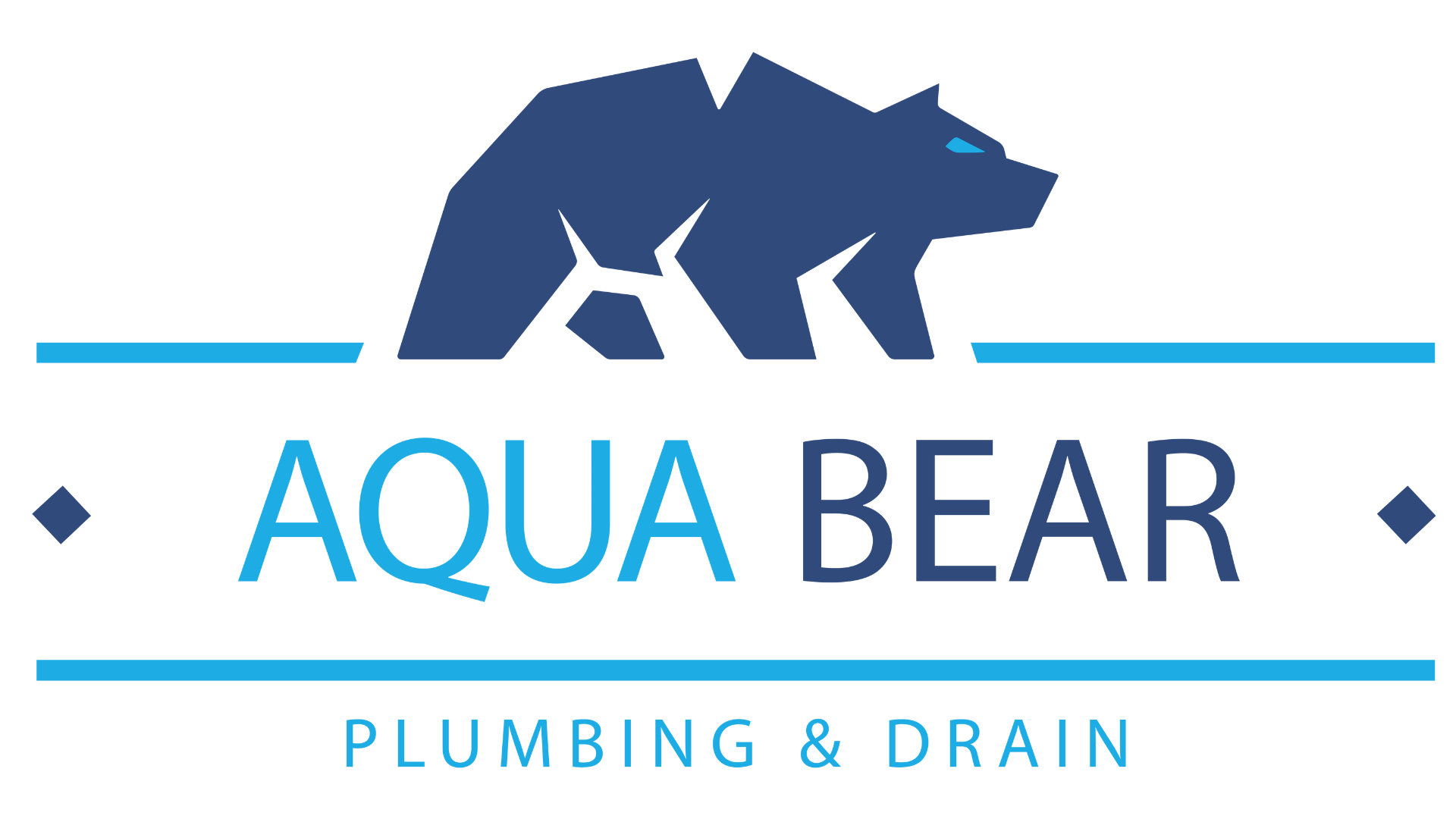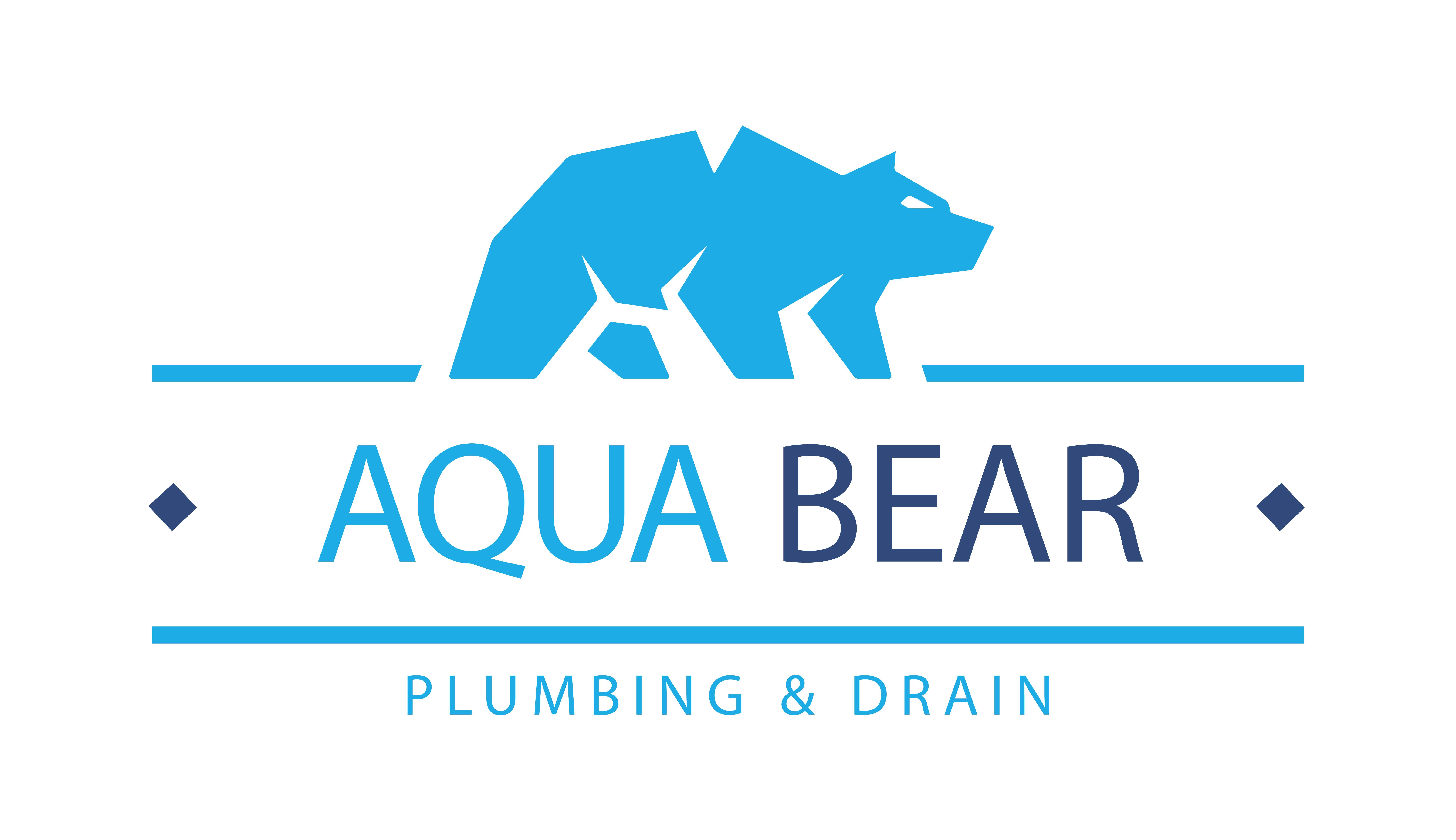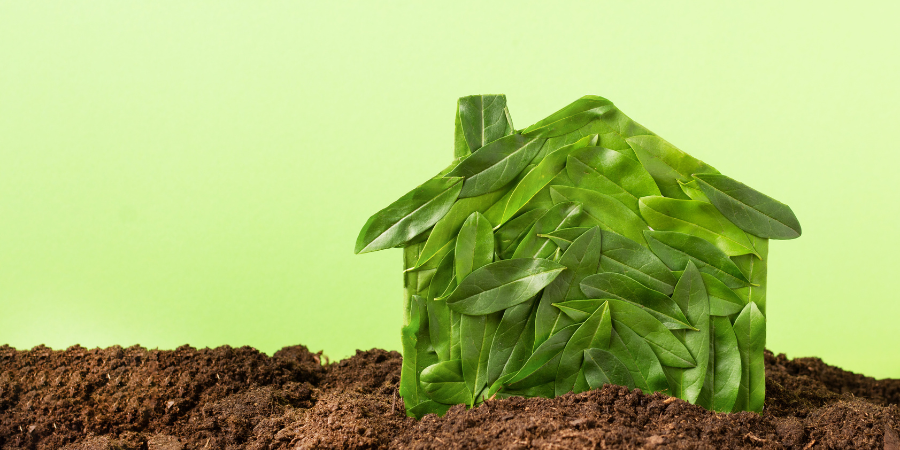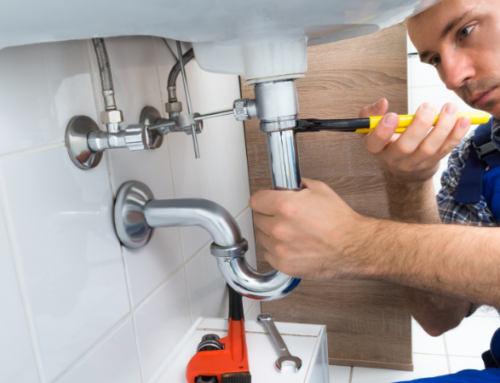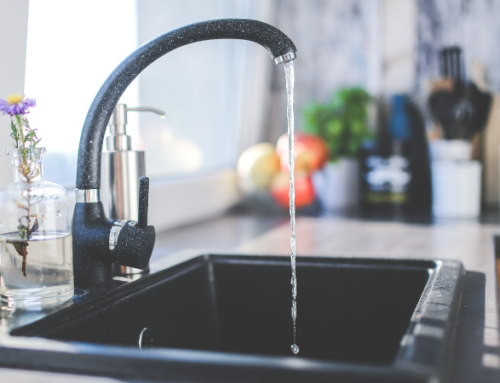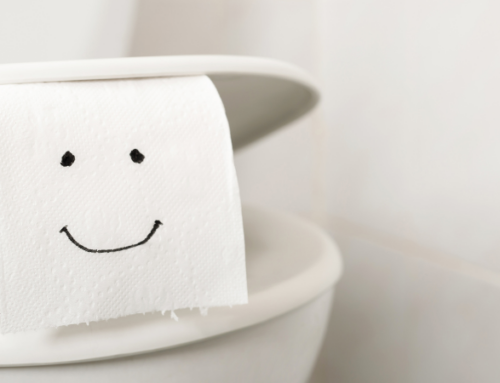The term eco-friendly plumbing refers to the conscious decision many individuals are choosing to reduce the negative impact their plumbing and practices have on the environment by purchasing environmentally friendly appliances, plumbing systems, and products. It is all part of a collective movement to protect our environment, reduce water waste, and leave a healthier tomorrow for our children.
Benefits of Becoming More Sustainable
The benefits of practicing green plumbing are numerous as new technologies are being developed to reduce our impact on the environment. Here are 6 benefits of implementing eco-friendly plumbing practices in your home.
- Water conservation is the kingpin of environmentally friendly plumbing. Using less water to run appliances or to use plumbing fixtures saves money on monthly water bills.
- Energy efficiency is an important benefit of eco-friendly plumbing. Fixtures such as solar-powered or tankless hot water heaters save on energy so energy bills are lower.
- Reduced carbon footprint is the result of fewer greenhouse gases being emitted.
- High-tech plumbing appliances usually have higher purchase and installation costs but their reduced energy and water usage make them cost-effective.
- Improved water quality is a benefit as new pipe materials do not allow toxins to leach into the water or surrounding soil causing possible contamination or both.
- Tax breaks are offered in some states for adding green fixtures and appliances thus off-setting the purchase price.
There are many benefits to supporting innovative technology and participating in the drive for a healthier world. Preserving our natural resources is the best benefit of all!
Water Conservation In Practice
Water conservation can be accomplished in several ways. The simplest method is to purchase fixtures that use less water. Here we will look at some of the more popular fixtures.
Standard toilets use on average 6 gallons of water per flush but new state-of-the-art toilets reduce that usage to 1.25 gallons and since 30% of a home’s water use originates from toilet flushing, a low-flow toilet can save substantial money.
Shower heads also come in low-flow models using less water per minute than traditional shower heads.
Efficiency faucets that put out less water are another good alternative as are motion-sensor faucets that only run when activated but turn off once hands are removed.
Tankless hot water heaters are quickly replacing traditional tank-style heaters as they are cost-effective, space-saving, longer lasting, and use less water. These heaters do not keep a storage tank of water hot so it is ready when needed but instead heat water on demand so no energy is wasted.
Other conservation methods include rainwater harvesting and greywater recycling. These innovative approaches take advantage of already available water and reuse it to save on water consumption. Rainwater is collected from the roofs of structures on your property and funneled through the gutters and downspouts into barrels where it is stored for later use. Although not suitable for drinking this free water can be used in the garden especially beneficial as it is chlorine free. Grey water is defined as any water leaving your home via the laundry, bath sinks, tubs, showers, and dishwater. Greywater accounts for 60% of the wastewater in your home and can also be used for irrigation purposes saving gallons of water coming in from the public water supply.
Leak detection devices, installed either on individual appliances or directly on the main water service line, can monitor and signal when usage patterns are out of the normal pattern indicating a potential plumbing emergency such as a burst pipe. These devices can save on water waste, prevent emergencies, and help to keep your home eco-friendly.
Other Energy-Efficient Plumbing Measures
Other ways to increase efficiency and reduce the impact on the environment are to invest in high-efficiency condensing boilers. These boilers take advantage of the heat in the exhaust gasses and recycle what normally would be vented making them 90% energy efficient.
The use of smart technology also helps in increasing efficiency. Smart water meters monitor and record water usage patterns and can alert homeowners when they detect unusual water conditions possibly indicating a leak. They can also minimize water consumption while saving money on water bills all of which contributes to environmental responsibility.
The Role Of Plumbing Professionals
Through education and certification programs plumbing professionals can do their part in saving our planet. They have influence over their customers and can encourage homeowners to make sustainable choices in plumbing fixtures and appliances. Here are a few ways they positively influence good plumbing practices:
-install water-saving devices
-carefully inspect and repair plumbing leaks to cut back on waste
-use more eco-friendly plumbing materials
-push for the use of energy-efficient products
Educating customers is a way professional plumbers can share their knowledge and expertise and create an environment that focuses on energy reduction and water waste.
In Conclusion
Homeowners and professional plumbers should be applauded for the many ways they are coming together to reduce the negative impact plumbing practices have on the environment. By taking the time to learn about new technologies they are opting for more energy-efficient products, water-reducing appliances, and plumbing practices that support a greener, healthier, and less wasteful tomorrow.
